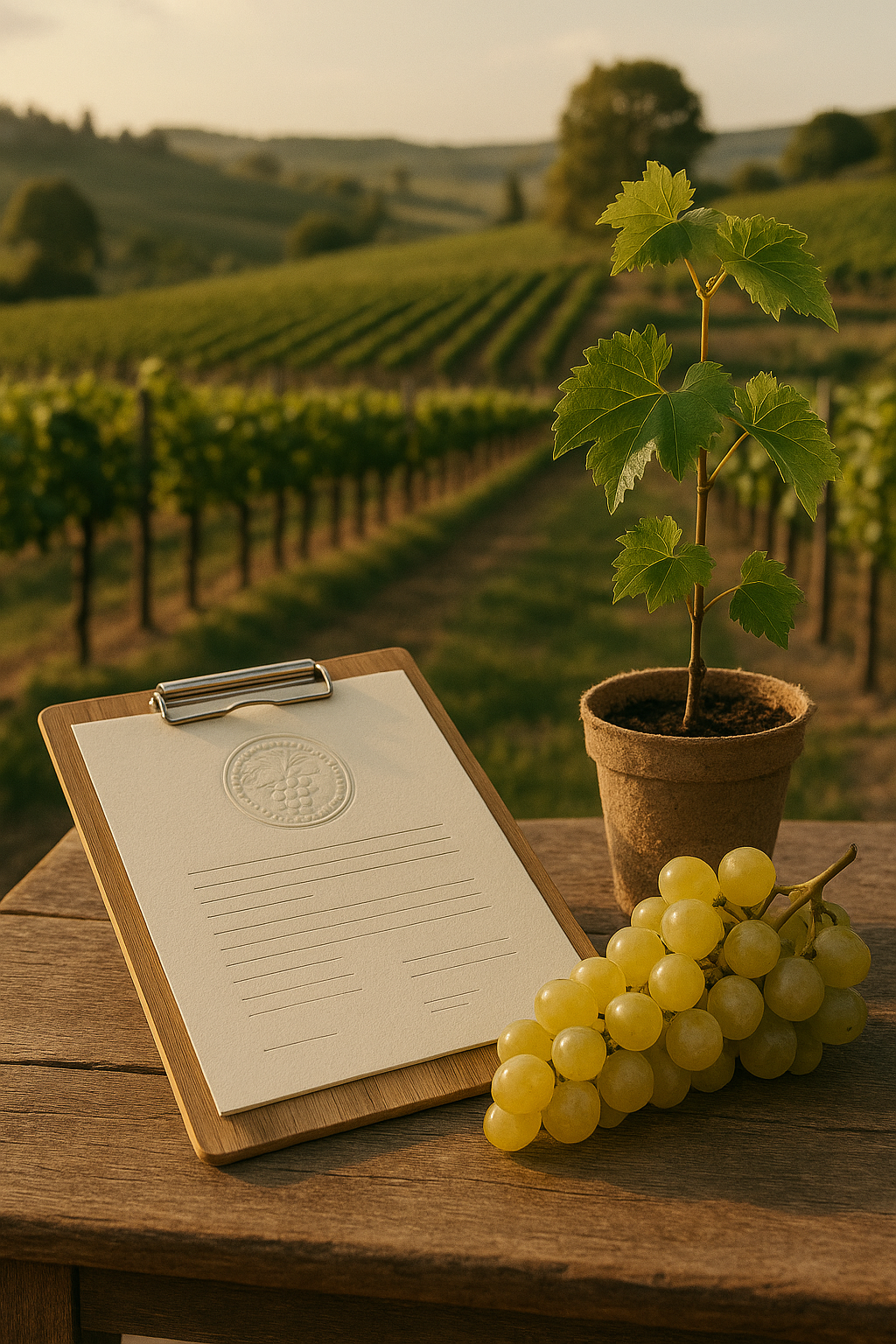
Sustainable practices in crafting luxury wines
Share
The Intersection of Luxury and Sustainability in Winemaking
As the demand for luxury wines continues to rise, so too does the expectation for sustainable practices within the winemaking process. This intersection of opulence and environmental responsibility is reshaping the industry, prompting vintners to adopt innovative techniques that honor both tradition and the planet. From biodynamic farming methods that enhance soil health to the use of renewable energy sources in production, wineries are increasingly prioritizing eco-friendly practices without compromising on quality.
Moreover, the emphasis on minimal intervention in the cellar allows the true expression of terroir to shine through, appealing to discerning palates that seek authenticity. Packaging also plays a crucial role; elegant, lightweight bottles and sustainable cork alternatives are becoming the norm, reflecting a commitment to reducing carbon footprints. As consumers become more conscious of their choices, the luxury wine sector is poised to lead the way in demonstrating that indulgence and sustainability can coexist harmoniously, creating a new standard for excellence in the world of fine wines.
Innovative Eco-Friendly Techniques Transforming Vineyards
As the wine industry grapples with the realities of climate change and environmental degradation, innovative eco-friendly techniques are emerging as transformative forces in vineyards. One such method is the adoption of precision viticulture, which utilizes technology to monitor vineyard conditions with remarkable accuracy. By employing drones and soil sensors, vintners can gather real-time data on moisture levels, nutrient content, and even pest activity. This allows for targeted interventions, reducing water usage and minimizing chemical inputs.
Additionally, regenerative agriculture is gaining traction, focusing on restoring soil health and enhancing biodiversity. Practices such as cover cropping and reduced tillage not only improve soil structure but also sequester carbon, making vineyards more resilient to climate fluctuations. Furthermore, many winemakers are exploring biodynamic farming, which integrates lunar cycles and holistic approaches to create a balanced ecosystem. These techniques not only yield high-quality grapes but also reflect a commitment to sustainability, ensuring that luxury wines can be crafted with respect for the planet.
The Role of Certification and Community in Sustainable Wine Production
Certification and community play pivotal roles in the realm of sustainable wine production, acting as both guiding principles and essential support systems. Certifications such as organic, biodynamic, and sustainable viticulture not only validate a winery's commitment to environmentally friendly practices but also enhance consumer trust. These labels serve as a beacon for discerning wine lovers who prioritize sustainability alongside quality.
Moreover, the sense of community among producers fosters collaboration and knowledge sharing, essential for refining sustainable techniques. Winemakers often engage in local networks, participating in workshops and forums that emphasize ecological stewardship and innovative practices. This collective effort not only elevates individual wineries but also strengthens the industry as a whole, promoting a culture of sustainability that resonates with consumers. As more wineries embrace these certifications and community-driven initiatives, the landscape of luxury wine production evolves, marrying exquisite craftsmanship with responsible stewardship of the land.
